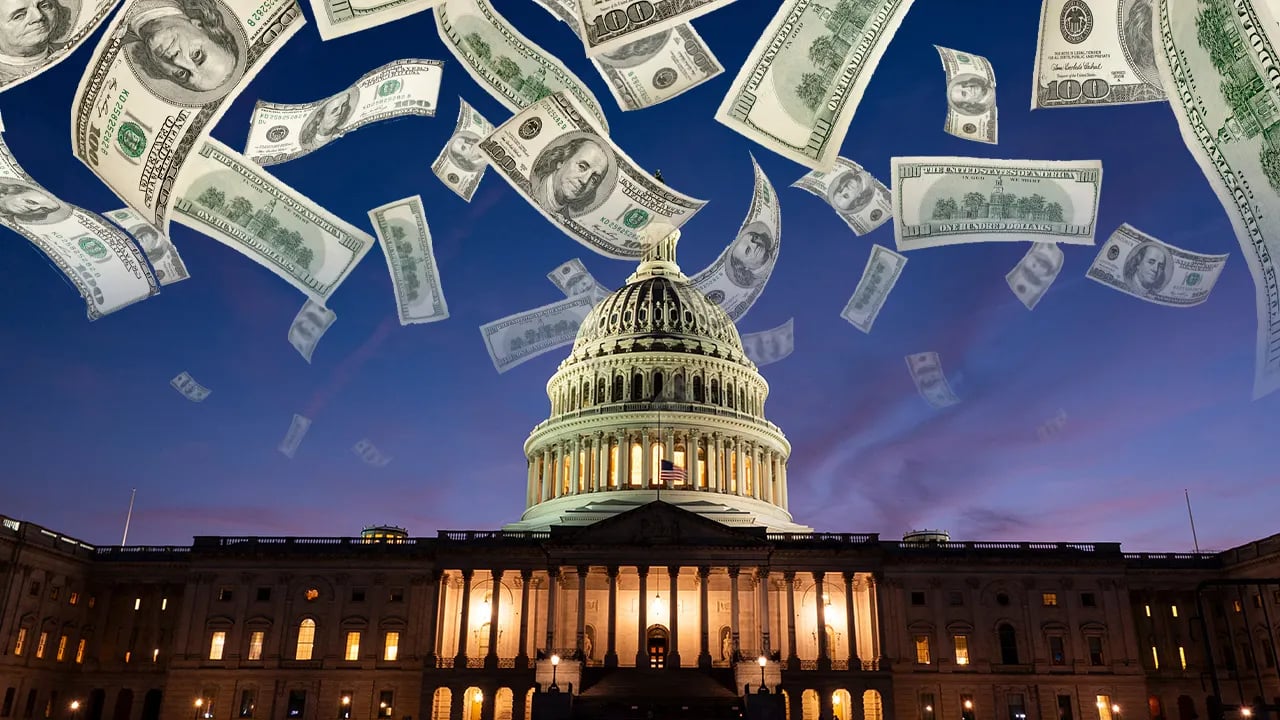During a partial government shutdown, certain government functions are temporarily suspended.
What to Expect During a Government Shutdown on December 21

During a partial government shutdown, which occurs when Congress fails to pass new spending bills, Americans get a chance to revisit a contentious issue in Washington: how much government intervention is necessary?
Agencies and services classified as "nonessential" will cease operations, while "essential" services will remain operational. Examples of "essential" agencies include national security, Border Patrol, law enforcement, and disaster response.
Some programs, such as Social Security, and certain agencies, like the Postal Service, have their own funding sources outside of the annual appropriations process.

A shutdown lasting less than two weeks would have minimal impact on federal employees, as they would still receive their paychecks on schedule. Longer shutdowns, however, may result in retroactive pay for government workers and congressional staff, which would mitigate the severity of the effects of the shutdown.
Some lawmakers view partial government shutdowns as a chance to tackle unsustainable federal spending. With the U.S. national debt at over $35 trillion, many argue that it is irresponsible to continue operating the government without addressing wasteful spending. Shutdowns can therefore force Congress to prioritize funding and cut unnecessary programs.

The fiscal year of the federal government is from October 1 to September 30, necessitating Congress to pass appropriations bills by the end of September to fund operations. If Congress does not act, legal safeguards prevent executive agencies from spending money without legislative approval, resulting in the limitation of government functions.
In February, Congress starts its annual budget process with the president submitting a budget proposal detailing federal spending recommendations.

In late spring and summer, the House and Senate Appropriations Committees will draft 12 bills to allocate funding for specific federal agencies and programs. These bills must be passed by Congress by Sept. 30 to prevent a partial government shutdown. By mid-April, Congress is expected to adopt a budget resolution that establishes overall spending limits and guidelines.
If a continuing resolution (CR) is not passed by 11:59:59 pm ET on Friday, the federal government will enter a partial shutdown on Saturday, Dec. 21.
politics
You might also like
- California enclave announces it will cooperate with immigration officials and the Trump administration.
- Danish lawmaker urges Trump to abandon Greenland acquisition plan.
- Now, the Dem who labeled Trump an "existential threat to democracy" is obstructing his nominees.
- The lawyer for Hegseth criticizes the "dubious and inaccurate" testimony of his ex-sister-in-law.
- The House GOP outlines a plan to improve the healthcare system, emphasizing its impact on national defense.



















